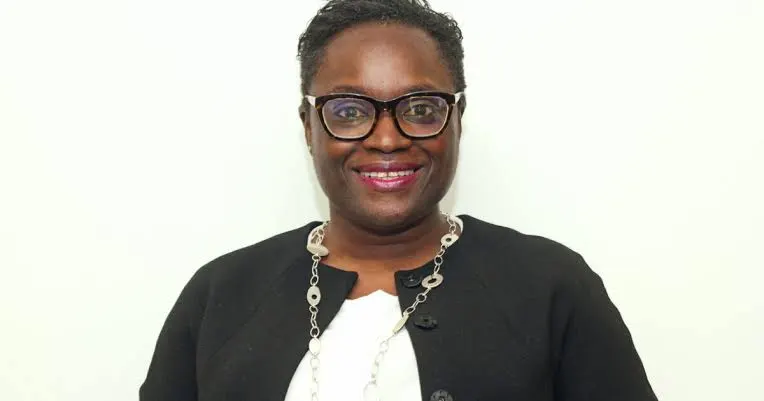How do we change the culture of victim blaming?
- emilybatchelor0
- Jul 17, 2023
- 3 min read
Twitter: @Kelly_Grehan Facebook: Cllr Kelly Grehan
Some conversations stay with you for what they say about our culture. More than 20 years ago I was working in a bar, around the time a man in the neighbouring town to mine murdered his wife and some of his children and attempted to kill the others. He then ended his own life.
No one in the pub knew anyone involved but after saying how the killer ‘should never have touched the children’ the group quickly started talking about how ‘we don’t know what she did to drive him it.’ One woman spoke of hearing that the wife was ‘career obsessed’ and ‘left for work very early’ as if this was some kind of mitigation. Some of the men speculated that the killer may have had reason to think his wife was being unfaithful. Others guessed that she might have told him she was leaving, ‘driving him to madness.’
All of them, seemed to assume, that one way or another the murdered woman had somehow caused the murders of her and her children.
Since then, I’ve heard countless conversations where women are blamed for their own rapes or murders.
There was the time in uni when we were discussing an episode of Crimewatch where a young girl was raped on New Years Eve after leaving a club alone. A woman quickly piped up to say she could not understand why young girls are foolish enough to walk alone in the dark.
When a local cricket captain was found guilty of rape, the local paper allowed comments saying, ‘this is what happens when women cry rape.’
There are the times I’ve seen people point to newspaper articles about footballers accused of raping women, and people at the newsstand have turned to me and said ‘she’ll be after money’ as if that’s the only possible explanation.
Maybe it’s not surprising people respond like this. Newspapers have a long history of victim blaming and justifying violence against women.
Recently the Daily Mail felt it appropriate to print the headline ‘Did living in the shadow of his high achieving head teacher wife lead to unthinkable tragedy?’ about the murder of Headteacher Emma Pattison, and her seven-year-old daughter, Lettie by her husband.
Similarly when John Jessop was jailed for killing Clair Ablewhite, the Mail headline: ‘Scorned toyboy murderer jailed for 17 years for slicing his ex-lover’s throat was star at this local tennis club.’ It's mystifying to think that a killer’s sports ability was relevant.
I could fill pages with examples of the way certain newspapers report on murders of women by partners in this way – with the perpetrator given a sympathetic, humanising presentation. The victim blamed or overlooked.
The fact that when women are victims of crimes, so often their conduct is held to a scrutiny that even the perpetrator’s isn’t means that the violence against women (and girls) is not treated with the severity it requires if we are ever to see it reduced.
Even our language towards crimes where women are the primary victims is markedly different to other crimes. We don’t have a phrase of ‘cry mugging’ or ‘cry assault’ the way we do ‘cry rape’ despite their being no evidence that there any more false allegations of rape than any other crime.
Then there is the phrase ‘jail bait’ that labels under age girls as enticing unsuspecting men to break the law by nature of their dress/make up/demeanour. Or ‘battered wife’ - a term that defines the victim of domestic abuse as if that is her sole identity.
All of these phrases, serve to victim blame. They place the victim’s behaviour into question, and they serve to let perpetrators off the hook.
So, what does it take for a woman’s behaviour not to be called into question when she is in violated, abused or killed? What does it take to be the perfect victim? How should a woman behave if she is to avoid criticism should a terrible fate befall her? What should she be wearing? What kind of job/home/sexual history pass the test for her to not be at blame?
Alternatively, we can create a world where there is no blame for women who are victims of crimes perpetrated by men. Instead let's work on the basis that the person responsible for the actions of the perpetrator is the perpetrator.





Comments